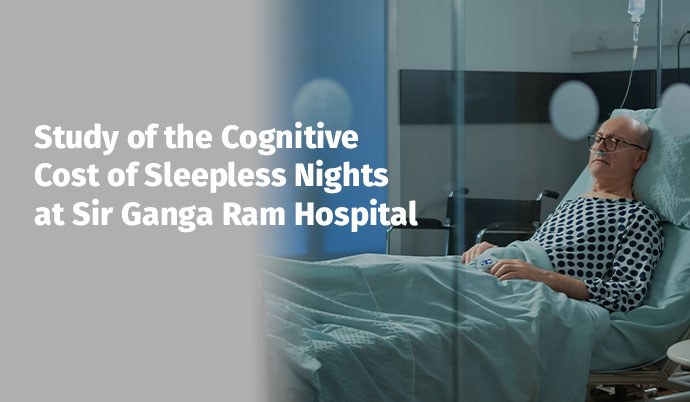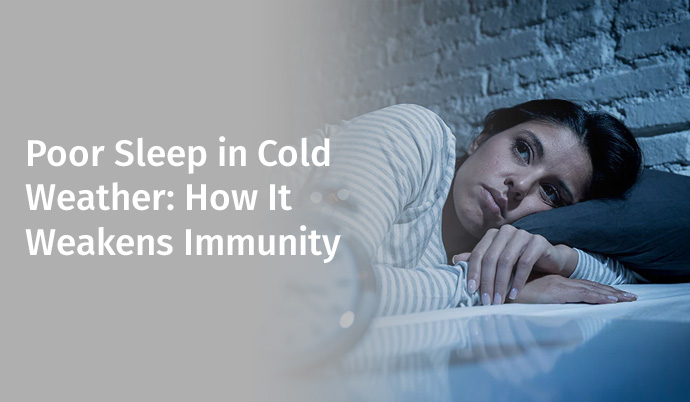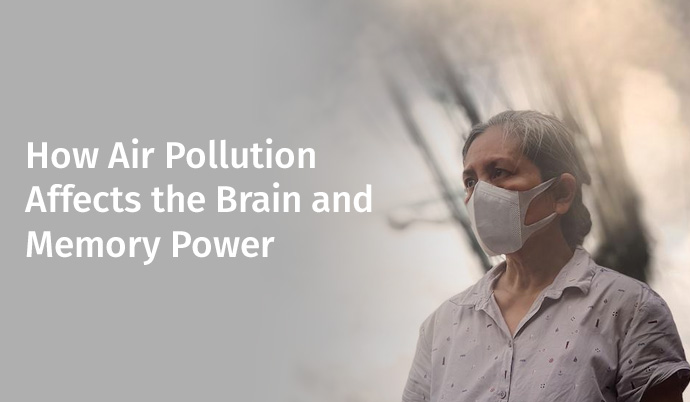
Dignitaries such as Dr. (Prof.) V.K. Paul (Member Health, NITI Aayog) as the Chief Guest and Dr. D.S. Rana (Chairman, Sir Ganga Ram Trust Society), Maj Gen (Prof.) Dr. Atul Kotwal (Executive Director, NHSRC), Dr. Zoya Rizvi (Deputy Commissioner – Adolescent Health & FP, MoHFW), and Dr. (Prof.) Ajay Swaroop (Chairman, Board of Management, Sir Ganga Ram Hospital), as Honorary Guest, came to the ceremony as the study exposed concerning sleep habits and their impact on how Delhi’s teens think, many praised it and talked about proper policies that must be implemented to overcome this issue.
Sleep medicine previously dwelt in the periphery of mainstream medicine, but it is currently an explosive branch of knowledge, more so in the case of teenagers. Sleep is not all about resting, but a vital process in which the brain is put through its maintenance cycle. We know that during deep sleep, our brain rids toxins, strengthens memories, manages our mood and balances hormones, which is all crucial to teens in their most moldable years. The importance of stressing the fact that sleep deprivation is no longer merely about being irritable and the fact that it significantly interferes with cognitive functioning, emotional stability and the immune response. This is a direct reflection of the results of the Sir Ganga Ram Hospital’s finding, which refers to disturbed sleep as an indicator of foggy thinking and mental health issues among school-going adolescents. Sleep medicine is the next need as screens, stress and social demands chip at rest time. Its devices, including behavioural therapies and diagnostic sleep studies, have the potential to restore the mind and body of adolescents. With increased awareness, the incorporation of sleep medicine into the provision of pediatric care may not only transform the health of adolescents but also of adult resilience as well.
It was seen as a groundbreaking research that proved a relationship exists between not sleeping enough and depression, brain fog and emotional stress. This is one of the biggest data-based efforts to include sleep health in the discussion about adolescent health. It further noted that there are gaps in some programs like the RKSK which prompted others to add sleep education to national strategies.
During the discussion “Way Forward – Addressing Sleep Deprivation to Improve Quality of Life in Children at School”, Dr Latika Bhalla (Sr. Consultant, Adolescent Paediatrics, Sir Ganga Ram Hospital) highlighted a crucial point, that sleep is not a luxury but a biological necessity, as vital as nutrition and vaccination in shaping adolescent health. She emphasised that schools, parents, and policymakers must treat sleep deprivation as a public health issue, not just a personal one. Her words added weight to the conversation, urging for systemic change in how academic expectations and daily routines are structured for teens.
Dr Zoya Rizvi also encouraged various experts to share their thoughts.
Experts, researchers, government officials and public health employees attended the event, which ended on a positive note. Dr. Rizvi, Dr. V.K. Paul, and Dr. D.S. Rana highlighted the need for additional studies and fast policy changes to improve how adolescents sleep and its results.
Dr. Neha Dumka (NHSRC) offered a Vote of Thanks to conclude the live event, which was followed by a networking lunch heralding the start of a new approach to adolescent wellness in India.
This dissemination not only delivered compelling data but also sparked much-needed conversations across sectors. Sir Ganga Ram Hospital remains committed to advancing adolescent health through research, advocacy, and collaboration, and looks forward to building on this momentum in the months to come.




